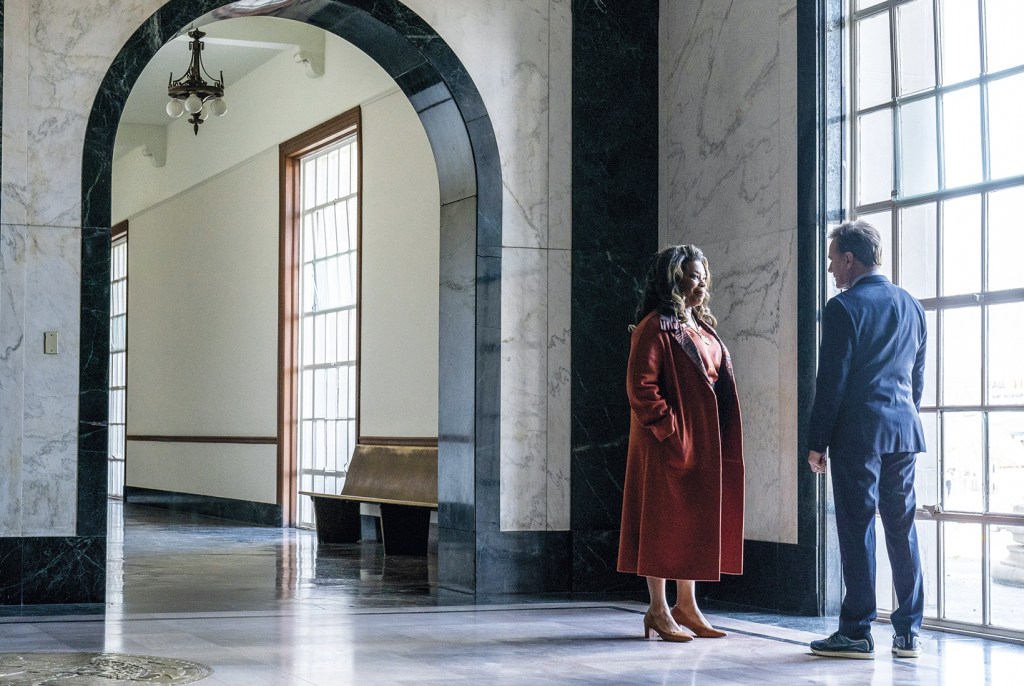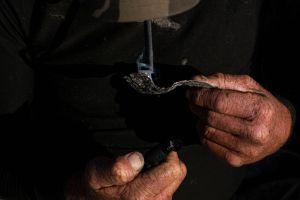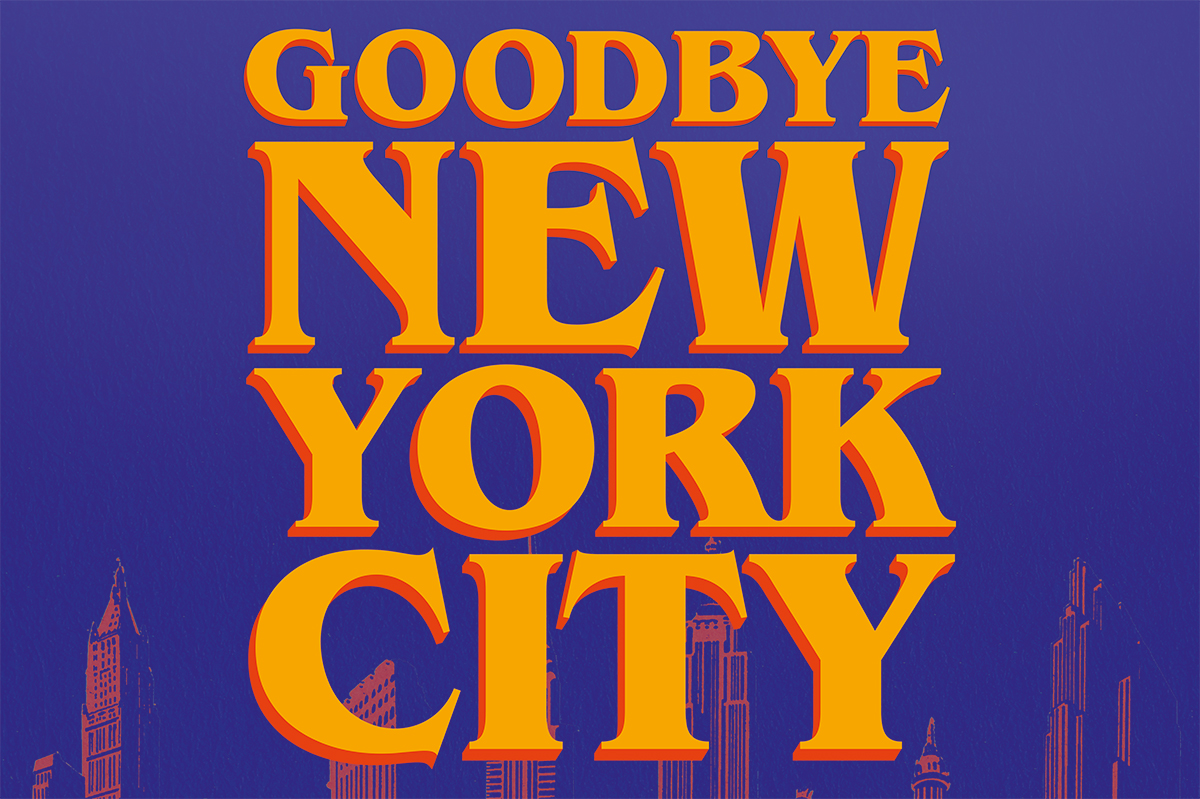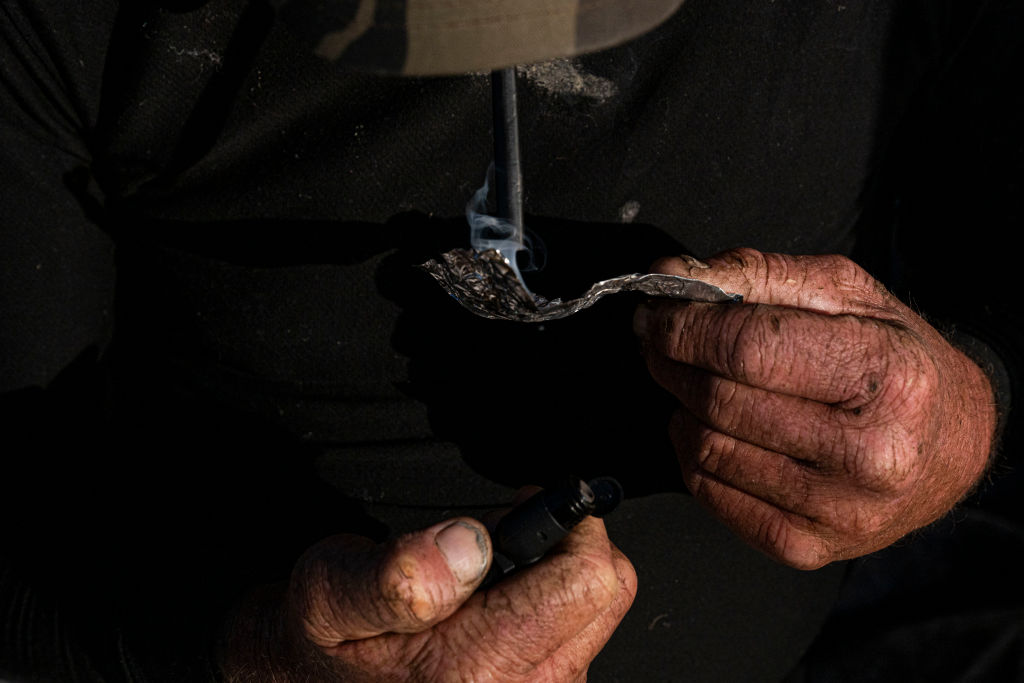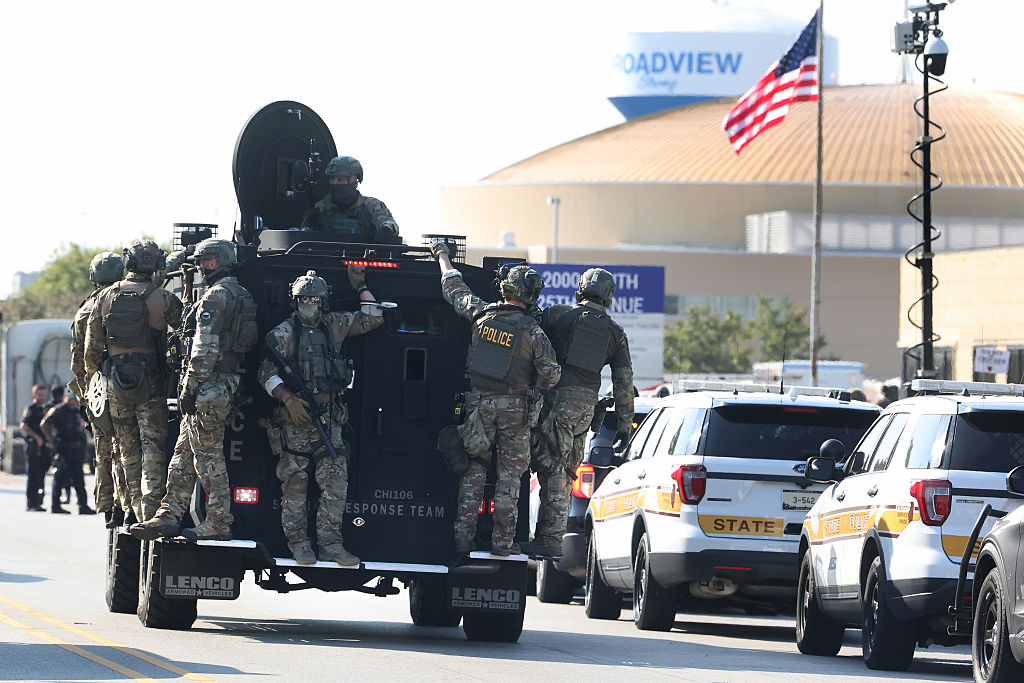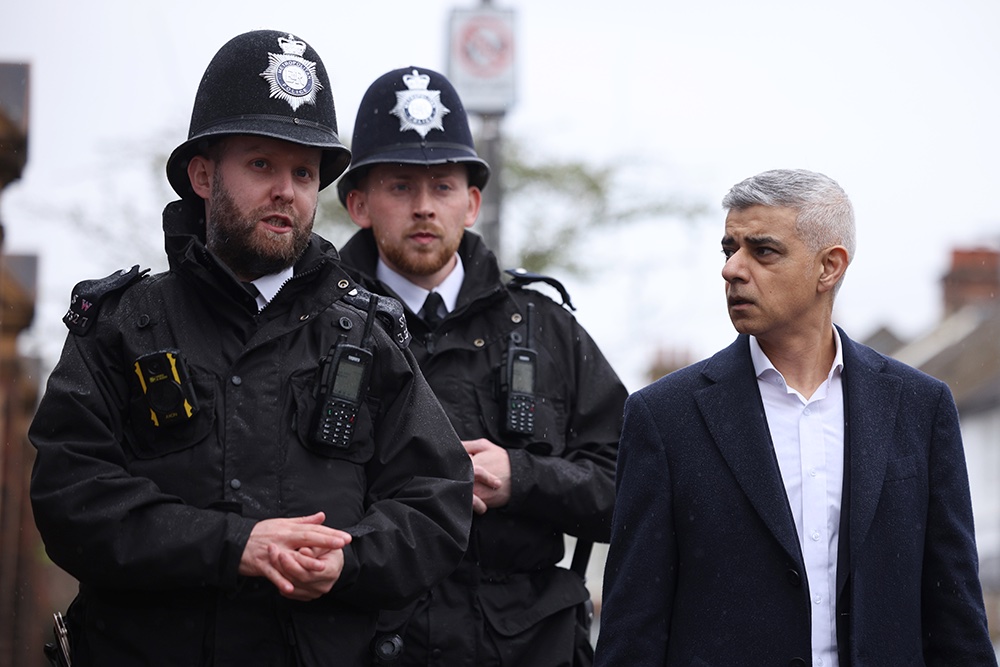I’m really not enjoying Your Honor, the latest vehicle for Bryan Cranston to play a good man driven to the dark side by extraordinary and compelling circumstances designed to make the viewer go: ‘There but for the grace of God go I…’
The problem with the compelling circumstances in this case is that they feel so desperately contrived. Cranston plays a priggishly upright New Orleans judge who radiates implausible goodness and rectitude. We first glimpse this during the case of a trial of a black woman accused by police of concealing drugs in an intimate part of her anatomy. A white cop, sweating integrity, swears on the witness stand that he has witnessed her doing it. Open and shut case, right?
But in an earlier scene we’ve witnessed Cranston, jogging in his hoodie through a poor neighborhood and peering through the glass in the doorway of a ‘shotgun’ house, so called because it comprises a long passageway with all the rooms on either side, down which you could fire a shot straight through to the other side of the house. The relevance of this emerges in court. Cranston’s Judge Desiato has realized that there’s no way this cop could have witnessed what he claims. So, having delivered a finger-wagging lecture to the shameless, presumably racist cop and the court on how grievously this poor woman’s children would have suffered had she been convicted, he dismisses the case.
So he’s not just a judge with the wisdom of Solomon and the probity of St Francis, but also something of a Hercule Poirot. Plus, his best mate, or soul brother if you prefer, is the city’s aspirant mayor (Isiah Whitlock Jr), who is a wise and dapper black gentleman. I expect in earlier drafts they were going to dress him up with a halo but then realized this might be an unsubtlety too far even for dimmer viewers.
Soon, however, this saintliness is to be tested to the limit. Desiato’s beloved teenage only son, Adam, runs over and kills another lad — then drives off without reporting it to the police. Normally, obviously, the decent thing — the only thing — for Dad to do on discovering this would be reluctantly to drive his boy to the police station and let justice take its course.
Except in this case there are extenuating circumstances. A tsunami of a volcano of an earthquake of extenuating circumstances, in fact. At the time of the crash, Adam had gone to lay a wreath on the site where his mother was murdered a year ago, and was wrestling to reach his spinhaler mid-asthmatic panic attack while trying to escape a menacing black vehicle, driven by local hoodlums, tailgating him as he fled this dangerous district in fear of his life.
Oh, and the clincher: you’ll never guess who the victim was… Why, he’s only the son of the most evil mafia boss in the whole of Louisiana (you can tell by the weird, scary thing he does with his deranged eyes), who will unquestionably murder his son’s killer if ever he gets to discover his identity. So in an odd way, as Desiato quickly realizes, the right thing to do is the opposite of the strictly legal thing to do.
Round about this point, I was reminded just how viscerally I loathe high-concept dramas where contrivance and coincidence and crudely ratcheted-up tension trump all else. TV-land — maybe audience-land too — clearly loves this nonsense: this is an adaptation, by British legal drama specialist Peter Moffat, of a series which was first a hit in Israel and then spawned another in India. But for me it’s just intelligence-insulting, nerve-jangling schlock.
Sure Breaking Bad (where Cranston played the anti-hero Walter White) wasn’t exactly Middlemarch in its depiction of ordinary life. But the outrageousness of the premise — high-school chemistry teacher turns manufacturer of high-grade crystal meth so his wife and disabled son have enough to live on when he succumbs to his terminal cancer — was offset by a deeper emotional truth. Almost everyone in the world is in agonies about how they’re going to pay for their retirement when they’re not earning enough to save. Everyone in the world will do almost anything for their loved ones. So it was easy to accept that initial high-concept MacGuffin and then to enjoy the ride as it all unravelled.
Not so Your Honor. It just feels false and, as it puts its characters mechanistically through the mill, excruciating to watch. Also, to add insult to injury, it is drenched in the sanctimoniousness and worthiness so common these days on TV but entirely absent from Breaking Bad.
This article was originally published in The Spectator’s UK magazine. Subscribe to the World edition here.



